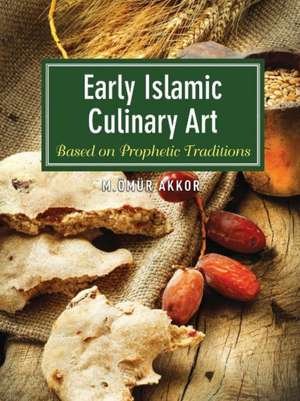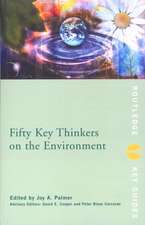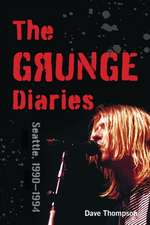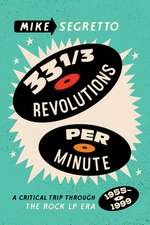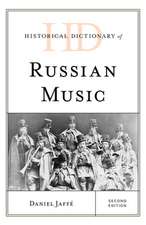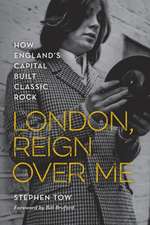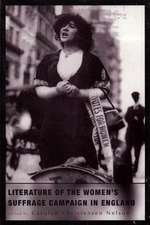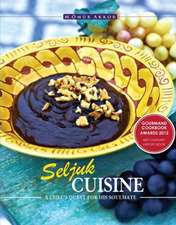Early Islamic Culinary Art: Based on Prophetic Traditions
Autor Muhammed mr Akkoren Limba Engleză Paperback – iul 2015
Preț: 130.91 lei
Preț vechi: 148.93 lei
-12% Nou
Puncte Express: 196
Preț estimativ în valută:
25.06€ • 26.05$ • 20.78£
25.06€ • 26.05$ • 20.78£
Carte disponibilă
Livrare economică 15-29 ianuarie 25
Livrare express 01-07 ianuarie 25 pentru 56.02 lei
Preluare comenzi: 021 569.72.76
Specificații
ISBN-13: 9781935295839
ISBN-10: 1935295837
Pagini: 250
Ilustrații: colour illustrations
Dimensiuni: 165 x 210 x 20 mm
Greutate: 0.68 kg
Editura: Blue Dome Press
Colecția Blue Dome Press (US)
ISBN-10: 1935295837
Pagini: 250
Ilustrații: colour illustrations
Dimensiuni: 165 x 210 x 20 mm
Greutate: 0.68 kg
Editura: Blue Dome Press
Colecția Blue Dome Press (US)
Recenzii
"Writing a cook book based on the plate of a Prophet whose main diet consisted of water and dates was, Omur Akkor admits in the preface to 'Early Islamic Culinary Art', 'a tough decision'. Yet, from his rigorous two years of research the culinary historian and renowned chef has created a book of surprise and beauty intertwined. At a time when our stomachs, like our minds, seek a long-term break from the modern urge to overload them with junk, Akkors latest, in his series of cookery books presents historians, people of faith, and household chefs, with the essence of a simpler time. Dates, lentils, bread, garlic and meat are introduced and combined in ways that would have been recognisable to the sixth century palate. Looking through the bright and delicious pages of foods specifically mentioned in the Holy Quran, it is moving to imagine making 'Lentil soup with Celery' or 'Pilau with Basil' serving them to guests and remembering those who once savoured the same fragrant combinations. 'Early Islamic Culinary Art' is a treasure chest of discoveries and a bounty of easy-to-find ingredients and recipes from and for the most modest of households. May God bless the one who wrote it and give pleasure and above all knowledge to those who read and experience it." -- Lauren Booth, Broadcaster & Journalist
Notă biografică
By Omur Akkor
